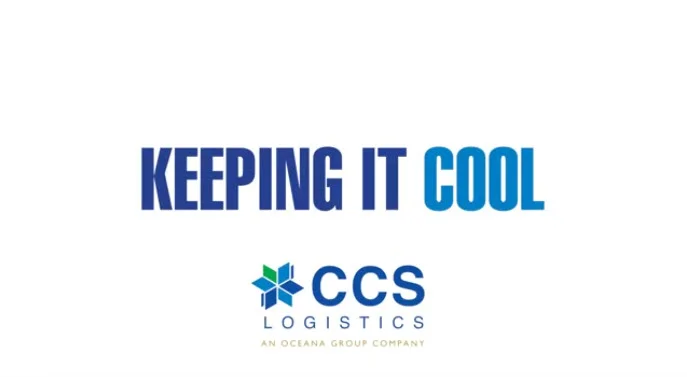THE financial and economic costs of mainstream energy sources are on everyone’s minds these days. Between NERSA and ESKOM, the costs of conventional electricity are spiralling out of control. Companies are under pressure. And so is our environment. Then, of course, there’s the reliability factor. After years of load shedding and rolling blackouts we can no longer take municipal/national supply for granted.
And for a company that relies on consistent refrigeration 24/7, CCS Logistics decided a number of years ago to be proactive – by addressing inefficiencies, implementing alternative solutions, embracing new technology, and creating a culture that planned and behaved responsibly in terms of power consumption.
This is in line with the company’s commitment to environmentally sustainable operations that support Environmental, Social and Governance (ESG) objectives. Ina Botha, Executive Director of CCS Logistics, explains that their Environmental Management System allows them to measure and manage consumption against industry benchmarks and targets. The focus remains to reduce energy consumption which has direct cost-saving benefits.
The solar installation at their Paarden Eiland facility, for example, delivered a saving of over 30% within the first few months, which is more than the forecasted project delivery plan. And with even more electricity hikes planned for the near future this saving is going to keep on accelerating. This investment in solar energy is being rolled out across some of their other facilities.
CCS Logistics has also invested in an energy management system which monitors cold room temperatures and electricity usage in real time. The system senses if maximum electrical demand is about to be exceeded and optimises usage to deliver required efficiencies.
Another successful strategy they’ve implemented is the reduction of energy consumption through behavioural change of staff, which is a lot less capital intensive. Low-cost methods include targeting user discipline and plant operation, which has reduced energy consumption by more than 34%.
When Cape Town was faced with the prospect of Day Zero in 2018, CCS looked at alternative sources of water supply and treatment in several of their facilities. Potable municipal water use was reduced by an average of 49% which equates to the water use of 4 000 households. They have also started using water from defrosting cycles and underground water as an alternative to municipal drinking water.
Further projects planned for 2022 and 2023 are a desalination plant at the Namibia facility to reduce the dependency on freshwater resources; and harvesting rainwater. They also invested in flow limitation devices to reduce waste.
Tracking and managing waste is also part of their environmental management initiatives. By separating waste streams and optimising recycling they significantly reduce landfill. Hazardous waste such as oils are also sent for recycling and over R1 million was invested in replacing equipment using conventional compressor oil with equipment that use environmentally friendly base oils.















